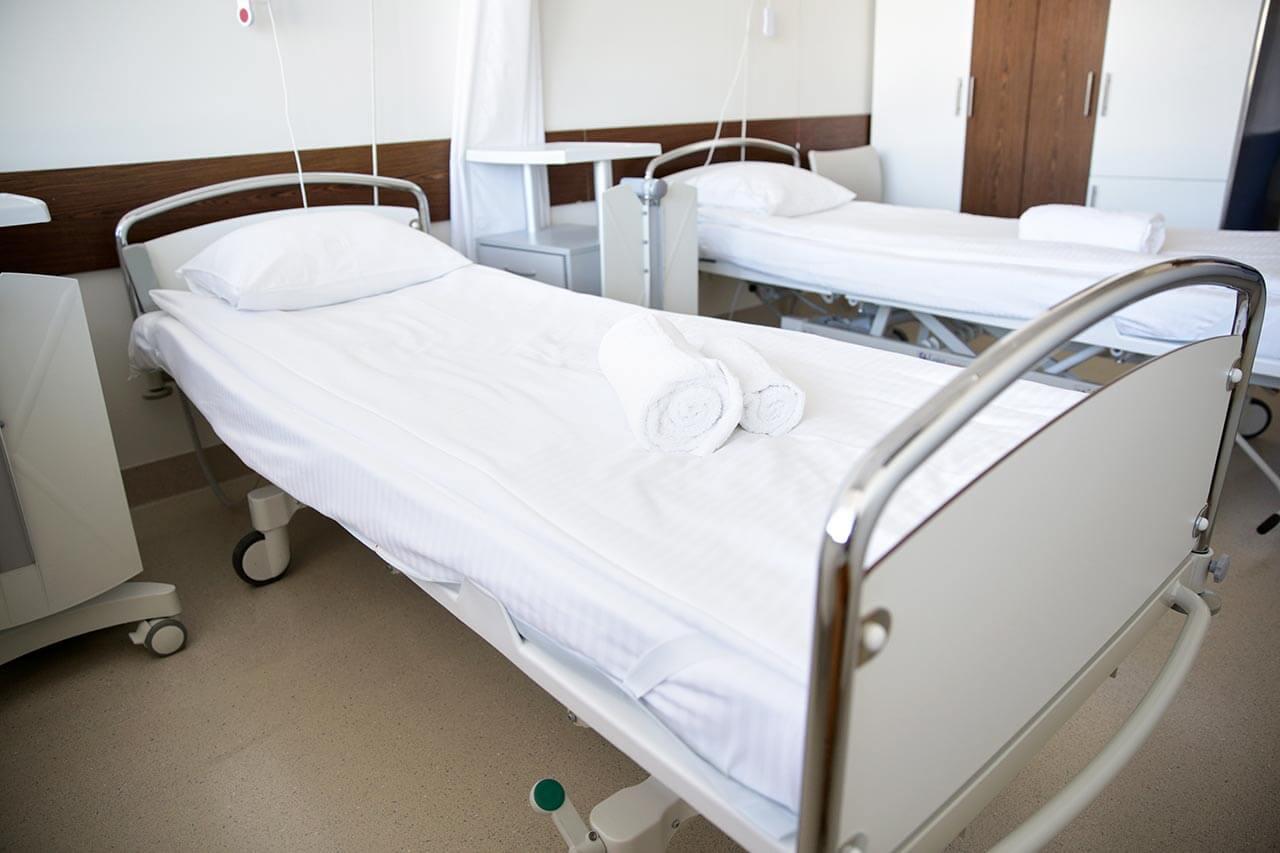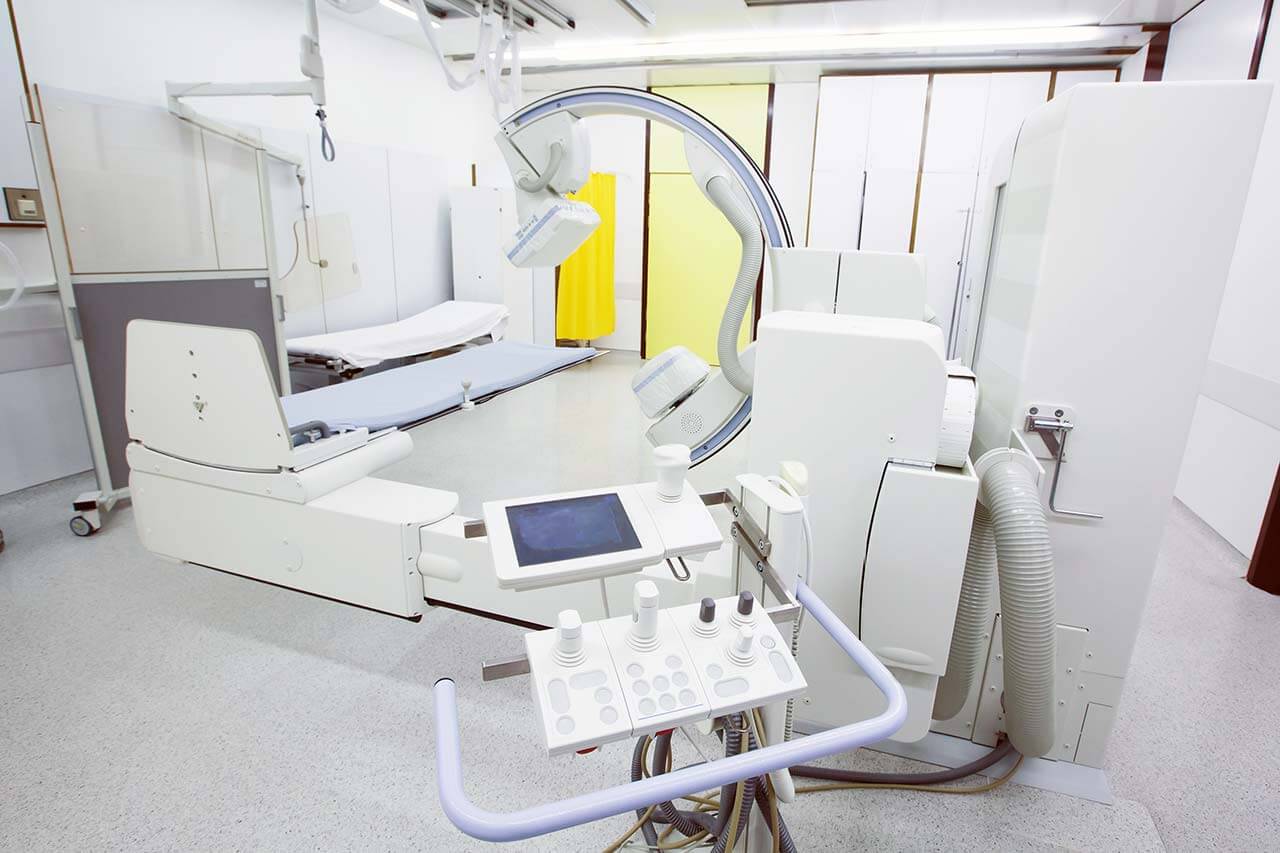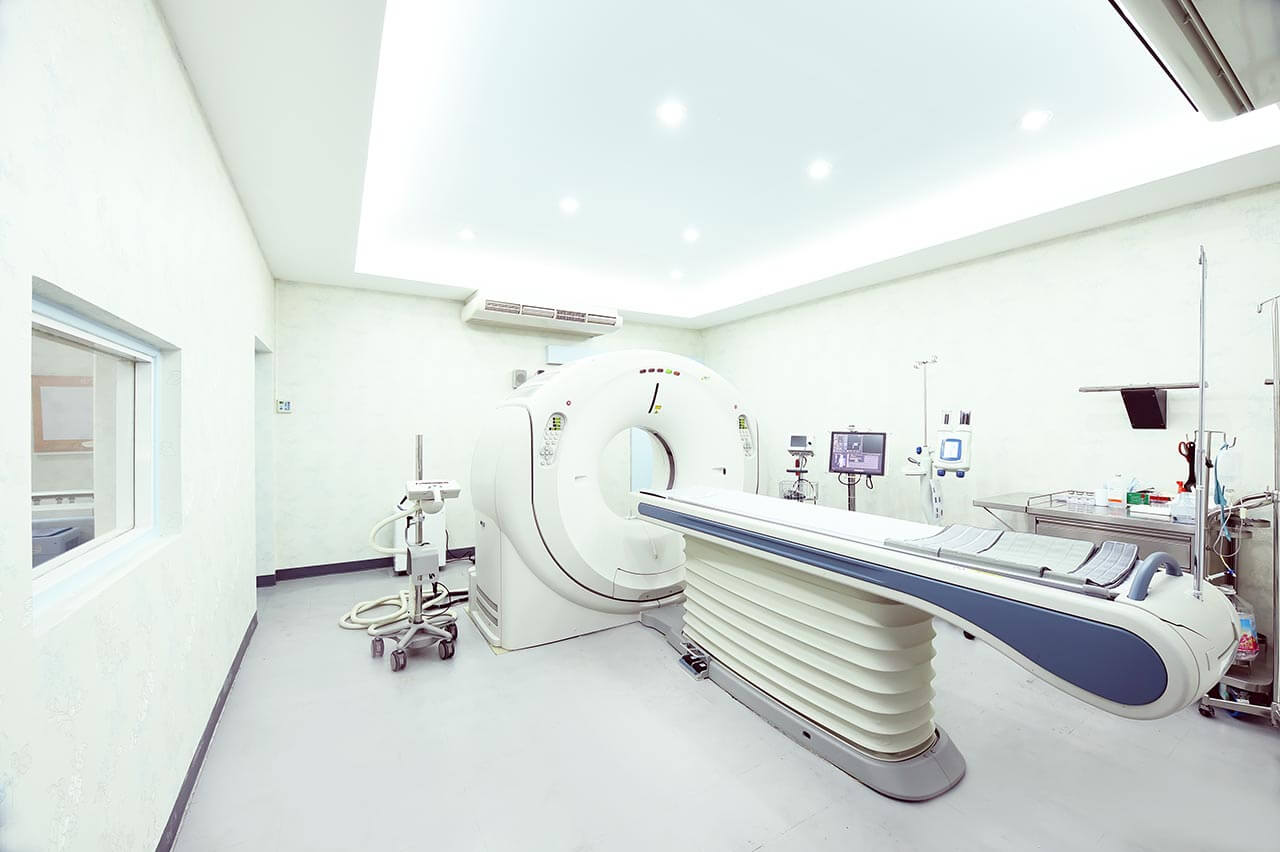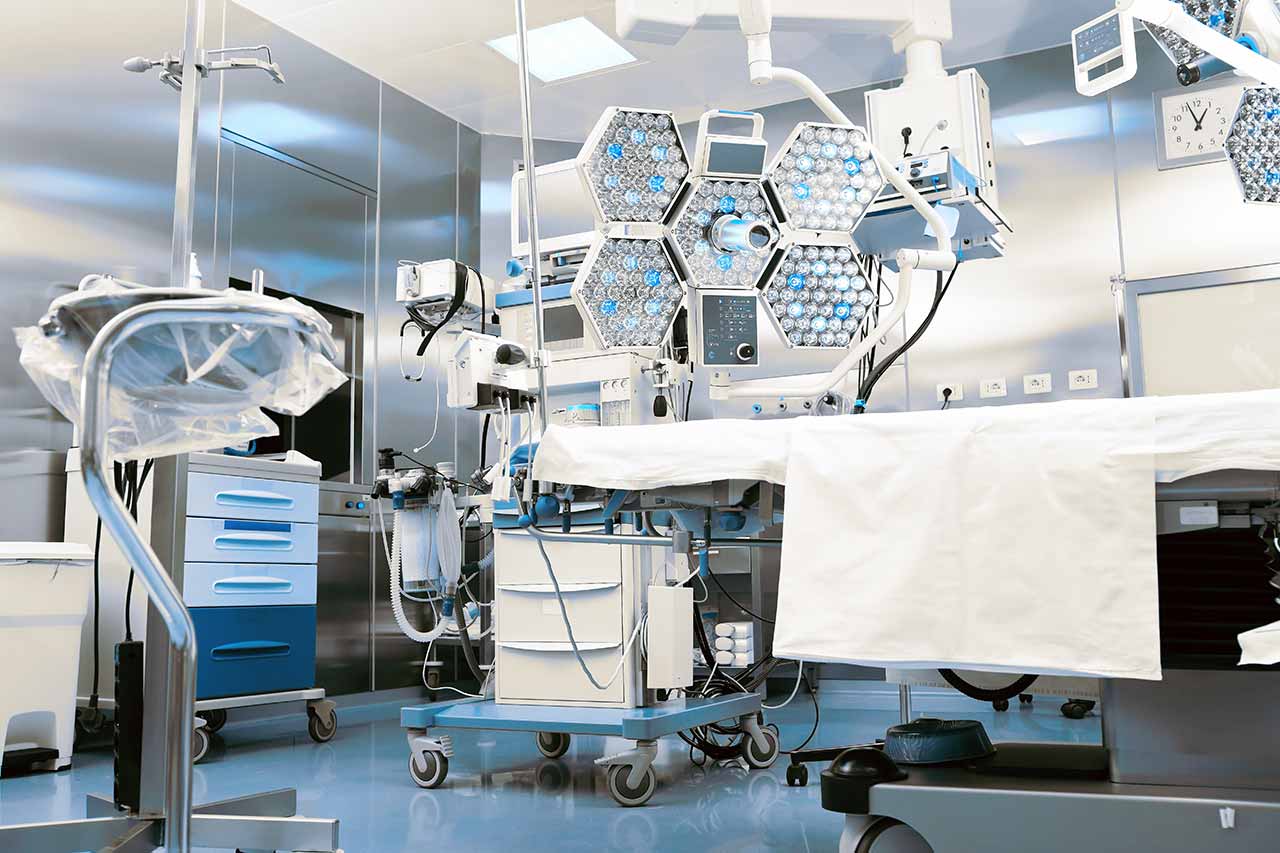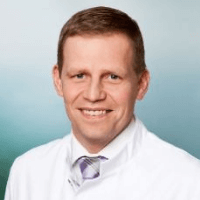
The program includes:
- Initial presentation in the clinic
- clinical history taking
- physical examination
- laboratory tests:
- complete blood count
- biochemical analysis of blood
- Lipid metabolism (HDL/LDL, cholesterol,
triglycerides Lip(a), homocysteine) - blood coagulation analysis (aPTT, PT, INR)
- inflammation indicators (CRP, ESR)
- metabolic status (uric acid, total glucose, HbA1c)
- cardiovascular disease risk markers
- kidney function test (creatinine, urea)
- TSH
- doppler/ duplex receptacles of lower extremities
- angio-MRI from aorta and of lower extremities
- duplex peripheral arteries
- preoperative care
- necrotomy followed by transplantation of skin
- daily wound care
- blood transfusions (if needed)
- symptomatic treatment
- control examinations
- the cost of essential medicines and materials
- nursing services
- full hospital accommodation
- developing of further guidance
Required documents
- Medical records
- Doppler ultrasound/duplex scanning (if available)
- Angiogram (if available)
Service
You may also book:
 BookingHealth Price from:
BookingHealth Price from:
About the department
The Department of Adult and Pediatric Vascular, Endovascular Surgery at the University Hospital Essen offers the full range of surgical treatment of arterial and venous diseases, including vascular anomalies. The specialization includes the treatment of diseases of the aorta, carotid artery, circulatory disorders in the lower extremities, as well as venous surgery, the formation of dialysis access in adults and children, specialized treatment of chronic wounds. The department's doctors have in their arsenal the modern and effective treatment methods, which allow to achieve positive results even in particularly difficult clinical cases. The department is headed by Dr. med. Martin Lainka.
The department cooperates closely with all related disciplines of the hospital, which allows the doctor to provide each patient with a comprehensive, differentiated treatment based on individual clinical indications. The department's doctors carry out all standard diagnostic procedures, for example, CT, MRI, digital subtraction angiography, CO2-angiography, non-contrast and contrast-enhanced ultrasound of the vessels. The range is also complemented by all modern surgical and minimally invasive methods, such as shunting, stent implantation, balloon dilatation, and catheter techniques.
The main clinical focuses of the department include:
- Diagnostics and treatment of carotid stenosis and other brain supplying arteries
- Surgical and interventional techniques as part of the interdisciplinary therapy
- Diagnostics and treatment of acute and chronic circulatory disorders
- Circulatory disorders of the extremities
- Surgical techniques (shunting, flap plastic surgery, hybrid interventions) and interventional techniques (stent implantation, balloon dilatation, rotational thrombectomy)
- Intestinal circulatory disorders
- Surgical techniques
- Interventional techniques
- Circulatory disorders of the extremities
- Endovascular (TEVAR, EVAR) and open treatment methods of aneurysms, ruptures of the thoracic and abdominal aorta (in close cooperation with the Department of Cardiology and Angiology, Department of Cardiothoracic Surgery)
- Special endovascular procedures (chimney-graft technique), as well as the implantation of fenestrated and special prostheses (fEVAR, bEVAR)
- Reconstruction of the iliac artery (surgical, minimally invasive and hybrid techniques)
- Surgical and minimally invasive treatment of limb artery aneurysms
- Comprehensive interdisciplinary treatment of diabetic foot syndrome, including surgical and minimally invasive vascular therapy
- Shunting in adults and children, as well as dialysis catheterization (for example, using Demers catheter) and hybrid prosthesis implantation
- Diagnostics and treatment of vascular malformations, vascular tumors
- Diagnostics and treatment of varicose veins and chronic venous insufficiency, especially in recurrent types of diseases
- Surgical and interventional therapy for pelvic and lower extremity vein thrombosis
- Specialized treatment of wounds in arterial, venous and diabetic ulcers (within the certified center)
- Other medical services
Photo of the doctor: (c) Universitätsklinikum Essen
About hospital
According to the authoritative Focus magazine the University Hospital Essen ranks among the top German hospitals!
With 27 specialized departments and 24 institutes, the hospital in Germany is a maximum care medical facility. The hospital has 1,300 beds for inpatient treatment. A highly qualified medical team of more than 6,000 employees takes care of the health of patients. All the specialists give preference to an interdisciplinary medical care, which guarantees a comprehensive treatment taking into account the smallest aspects of a particular pathology. The hospital annually diagnoses and treats more than 50,000 inpatients and about 195,000 outpatients, which testifies to the prestige of the medical institution and the highest quality of treatment in Germany.
The hospital presents all the modern medical fields. Nevertheless, special attention should be given to the following major fields of specialization as oncology, transplantology and cardiology, as well as research activities in the field of immunology, infectology and translational examinations of pathologies of the nervous system and behavioral disorders.
Established on the basis of the standard American model of Comprehensive Cancer Centers, the West German Cancer Center (WTZ) in Essen was recognized as the best medical facility of this kind in Germany in 2009. Nowadays, the center holds leading positions both on the national and international medical markets. The basis of its successful clinical practice is the use of very latest treatment methods and an interdisciplinary approach to each clinical case. The West German Organ Transplant Centre (WZO) is also recognized as one of the best in the country and one of the few in Germany, which specializes in the transplantation of all vital organs, such as kidney, liver, pancreas, heart and lungs. Special attention is paid to kidney and liver transplantation.
The hospital in Germany is proud of its high-tech medical equipment, experienced and competent staff, productive research activities, which allow to guarantee the accurate diagnostics and effective treatment, including rare and very complex clinical cases for every patient. Consequently, the hospital is considered a perfect embodiment of high-quality treatment in Germany.
Photo: (c) depositphotos
Accommodation in hospital
Patients rooms
The patients of the University Hospital Essen live in comfortable rooms designed in bright colors. The standard room furnishing includes an automatically adjustable bed, a bedside table, a personal wardrobe, a personal call button with a built-in light panel, a telephone, a TV and a radio. The Internet access is available at an additional cost.
Meals and Menus
The patients of the hospital are offered a daily choice of three menus. The patients are also offered alternative types of menus, if their religion requires the exclusion of certain foods. If you follow a certain diet or suffer from food intolerance, you will be provided with a menu of your choice by discussing it with your attending physician in advance. The hospital also houses a bistro and a cafe, where one can have a tasty snack, enjoy hot and cold drinks.
Further details
Standard rooms include:
Accompanying person
There are a few types of hotels for the accompanying persons, who want to stay near the hospital. The hotel of the Essen University Hospital offers apartments on the first floor of the nursing high-rise building. The DRK nursing also offers single and double rooms.
The hotel in Grugapark is available for the parents, whose children stay in the hospital. The parents of children with cancer can also stay here. Moreover, The Department of Pediatrics offers its rooms for parents.
